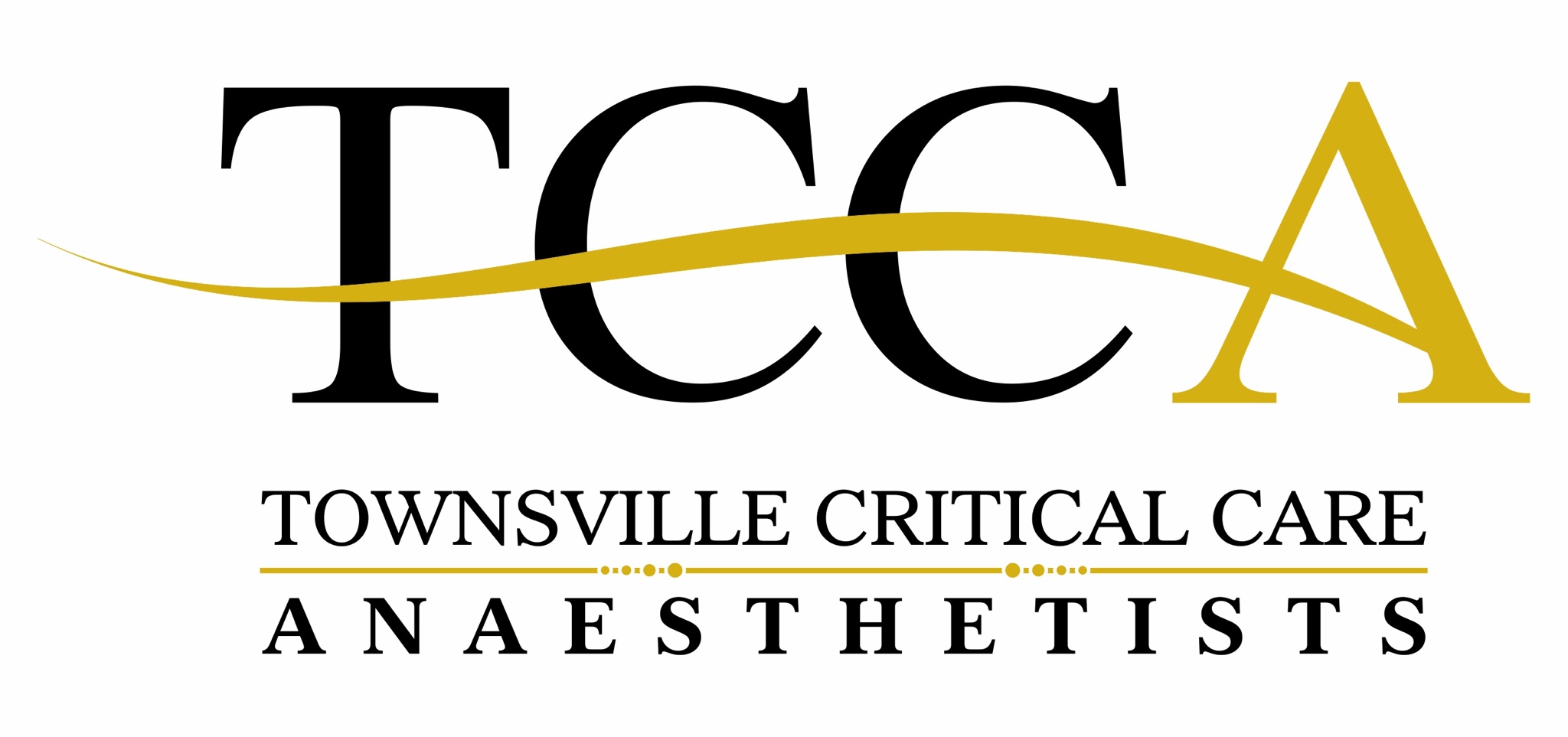Patient Information
PATIENT INFORMATION
The professional services provided to you as your Anaesthetist will include the following:
Pre-operative assessment. This usually takes place after you are admitted to hospital. You will be asked about your health, medications and previous experiences with anaesthesia. Your anaesthetist will discuss the options available for anaesthesia.
Anaesthesia. This can be done in three ways.
(i) General Anaesthesia – you are put into a state of carefully controlled unconsciousness during the operation by giving you drugs either by inhalation or into a vein.
(ii) Regional Anaesthesia – numbs part of the body by injecting a local anaesthetic drug near nerves leaving you awake but pain free.
(iii) Local Anaesthesia refers to injection of a similar drug at the site of the operation.
Sedation can be given for some procedures; you will be sleepy, relaxed and comfortable, but may be aware of being in the operating theatre.
Post-operative care. After your operation your anaesthetist will continue to monitor your condition to ensure that you have recovered from the anaesthetic.
Preparation for surgery
- Fasting. Adults may have normal food intake until six hours before arriving at hospital, to ensure your stomach is empty. After ceasing food, you may have clear fluids until two hours before surgery (to a maximum of 200 ml per hour). Clear fluids are either water or (non-particulate) fruit juice (e.g. apple juice). Fasting includes no chewing gum and lollies.
- Do not smoke. The longer you stop smoking before anaesthesia the greater the benefit.
- Medications. Please bring all current medications to hospital. Please continue any regular medications up to and including the day of surgery except tablets for lowering blood sugar. You should also cease any drugs that your surgeon has told you to stop (e.g. aspirin). Ring the rooms, if you take insulin, before the day of admission to discuss an insulin regime for the day of surgery.
- Children. If the patient is a child, talk to them about what to expect including realistic expectations for pain after surgery. Fasting for surgery for a child or infant should be as follows: 6 hours for cow’s milk, 4 hours for breast milk and 2 hours for clear fluids.
Risks and complications of anaesthesia
Australia is one of the safest places in the world to have an anaesthetic. Our anaesthetists are highly trained specialist doctors having spent at least 13 years in training to ensure the safety of their patients.
Complications can occur and can be divided into minor side effects which are common and serious side-effects which are rare. Some minor side-effects include nausea and vomiting, drowsiness, feeling faint, headache, sore throat or pain or bruising at the site of an injection.
Serious events, include drug reactions (usually allergy); heart attack and stroke; lung, nerve and dental trauma; as well as the possibility of awareness during surgery

